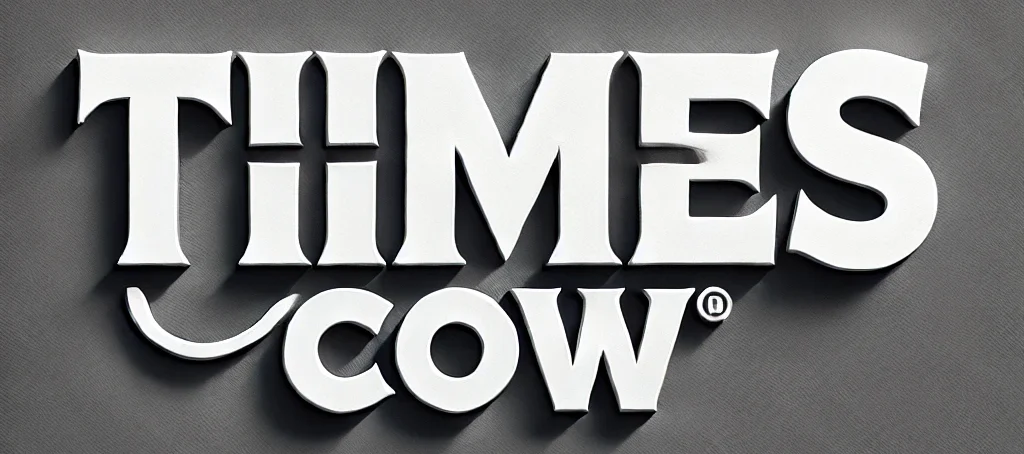President-elect Donald Trump has announced plans to push for the elimination of daylight saving time (DST) in the United States, calling the practice “inconvenient” and “very costly” to the nation. In a post on his social media platform, Truth Social, Trump emphasized that the Republican Party would use its newfound congressional majority to prioritize this issue after taking control of both the House of Representatives and the Senate in January 2025.
“The Republican Party will use its best efforts to eliminate Daylight Saving Time, which has a small but strong constituency, but shouldn’t! Daylight Saving Time is inconvenient and very costly to our Nation,” Trump wrote.

The Long Debate Over Daylight Saving Time
Daylight saving time, which starts on the second Sunday in March and ends on the first Sunday in November, has been a contentious issue in the U.S. for decades. The practice, first implemented during World War I to conserve energy, has been criticized in recent years for its impact on productivity, health, and daily life.
Proponents of abolishing DST argue that the biannual clock changes disrupt sleep patterns, reduce workplace efficiency, and increase the risk of accidents. Critics of the time shift also point to economic costs, including a decline in consumer spending during the fall transition and increased operational expenses for businesses adapting to the changes.
Rubio’s Sunshine Protection Act Gains Momentum
Trump’s vow aligns with the long-standing efforts of Senator Marco Rubio, who has been a vocal advocate for abolishing daylight saving time. Rubio, whom Trump has nominated as Secretary of State in his upcoming administration, introduced the Sunshine Protection Act in 2022 to make daylight saving time permanent across states that observe it.
“We’re ‘springing forward’ but should have never ‘fallen back,’” Rubio said at the time. “My Sunshine Protection Act would end this stupid practice of changing our clocks back and forth.”
Rubio has championed the economic and health benefits of permanent daylight saving time, citing studies that show its potential to reduce energy consumption, boost retail spending, and improve overall well-being.
“If passed, the Sunshine Protection Act would allow states that currently observe daylight saving time to remain on it year-round. States and territories that opt to stay on standard time would retain that option,” Rubio clarified during a Senate session in March 2022.
Republican-Controlled Congress to Take Up the Issue
With the Republican Party set to control both chambers of Congress, the likelihood of abolishing daylight saving time has significantly increased. Trump’s support, combined with Rubio’s long-standing advocacy, positions the Sunshine Protection Act as a top priority for the incoming administration.
The GOP’s ability to legislate on this issue could mark a turning point in the decades-long debate over whether the U.S. should retain the practice or abandon it altogether.
Public Support and Opposition
While the move to abolish DST has garnered widespread support, it is not without its critics. Advocates for maintaining the current system argue that DST provides more evening daylight during the warmer months, encouraging outdoor activities and reducing energy consumption by limiting the use of artificial lighting.
However, recent surveys indicate growing public dissatisfaction with the biannual clock changes. Many Americans favor a consistent time system, with a significant majority expressing support for either permanent daylight saving time or permanent standard time.
What Comes Next?
Trump’s presidency begins on January 20, 2025, and the Republican-controlled Congress will convene shortly before that. The Sunshine Protection Act is expected to be reintroduced early in the legislative session, with strong backing from GOP leaders and likely bipartisan support from lawmakers who have expressed frustration with DST.
Should the bill pass, it would bring sweeping changes to the way Americans track time, impacting businesses, schools, and daily routines nationwide. States that currently observe standard time year-round, such as Arizona and Hawaii, would be unaffected by the change.
A Step Toward Permanence
The effort to abolish daylight saving time represents a broader push for consistency and simplicity in American life. If the Sunshine Protection Act becomes law, it could mark the end of a century-old practice that has increasingly fallen out of favor.
As the debate unfolds, all eyes will be on Congress to see whether Trump and Rubio’s vision for a time-consistent America will become a reality. For now, the conversation continues, and the clocks remain set to change once again this March—potentially for the last time.






